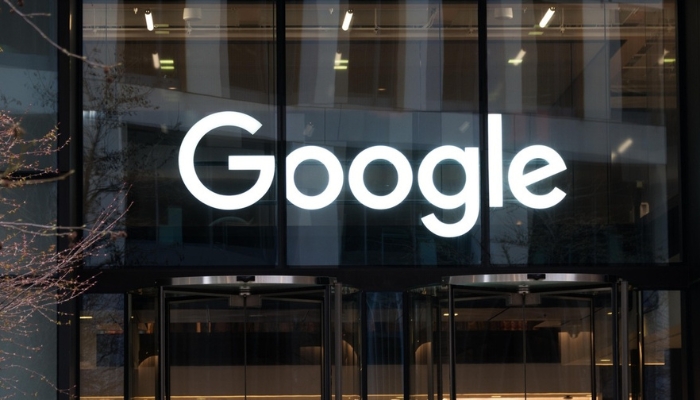
Last updated on April 8th, 2024 at 11:05 am
The lawsuit alleged that the tech giant tracked the activities of individuals who believed they were privately browsing using its Chrome browser’s incognito mode
Google has agreed to dispose of billions of records as part of a settlement in a lawsuit. The lawsuit accused Google of covertly tracking the online activities of individuals who believed they were browsing privately in its Chrome browser’s incognito mode. Users claimed that Google’s analytics, cookies, and apps allowed the Alphabet unit to improperly monitor people who set Google’s Chrome browser to “incognito” mode and other browsers to “private” browsing mode.
They argued that this practice transformed Google into an “unaccountable trove of information,” allowing the company to learn about their friends, favorite foods, hobbies, shopping habits, and the “most intimate and potentially embarrassing things” they search for online.
The terms of the settlement were filed on Monday in the federal court in Oakland, California, and require approval by US District Judge Yvonne Gonzalez Rogers. The class action lawsuit began in 2020, covering millions of Google users who used private browsing since June 1, 2016.
As part of the settlement, Google will update disclosures about what it collects in “private” browsing, a process it has already initiated. It will also allow incognito users to block third-party cookies for five years.
“The result is that Google will collect less data from users’ private browsing sessions, and that Google will make less money from the data,” the plaintiffs’ lawyers wrote.
The plaintiffs’ lawyers estimated the settlement’s value to be over $5 billion, potentially reaching $7.8 billion. While users will not receive damages as part of the settlement, they retain the option to individually sue for damages. Google did not immediately respond to requests for comment.
Court documents indicate that Google supports the final approval of the settlement but disagrees with the plaintiffs’ “legal and factual characterizations.”
“We are limited in how strongly we can market Incognito because it’s not truly private, thus requiring really fuzzy, hedging language that is almost more damaging,” Google’s chief marketing officer, Lorraine Twohill, wrote to CEO Sundar Pichai in 2019.
David Boies, a lawyer representing the plaintiffs, described the settlement as “a historic step in requiring honesty and accountability from dominant technology companies.”
A preliminary settlement was reached in December, with a trial scheduled for 5 February 2024. The terms of the settlement were not disclosed at that time. The plaintiffs’ lawyers intend to later seek unspecified legal fees from Google.
Google has faced similar lawsuits in the past. In 2022, the Texas attorney general sued the company, alleging that “incognito mode” or “private browsing” implies to consumers that Google will not track their search history or location activity.





